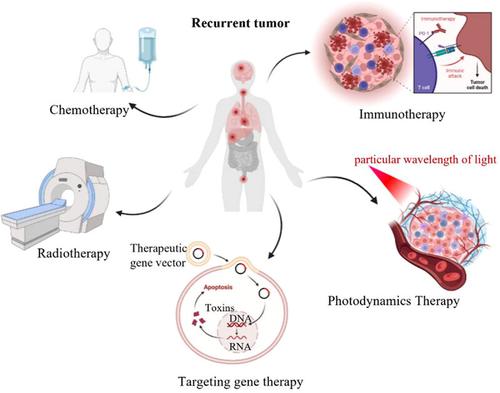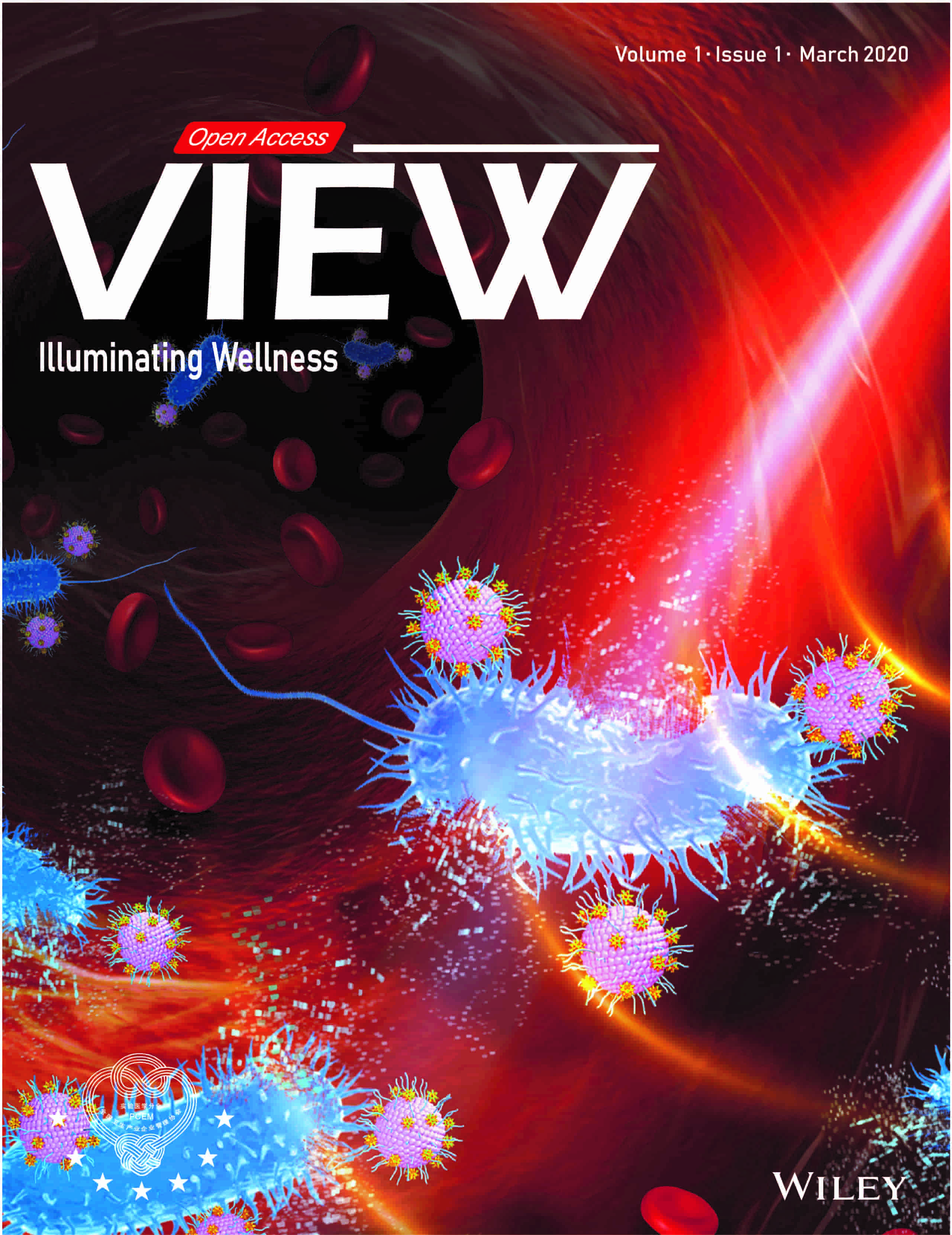Postoperative tumor treatment strategies: From basic research to clinical therapy
IF 8.5
4区 医学
Q1 MATERIALS SCIENCE, BIOMATERIALS
引用次数: 0
Abstract
Despite progression in advanced treatments for malignant tumors, surgery remains the primary treatment intervention, which removes a large portion of firm tumor tissues; however, the postoperative phase poses a possible risk for provincial tumor recurrence and metastasis. Consequently, the prevention of tumor recurrence and metastasis has attracted research attention. In this review, we summarized the postoperative treatment strategies for various tumors from both basic research and clinical perspectives. We delineated the underlying factors contributing to the recurrence of malignant tumors with a substantial prevalence rate, related molecular mechanisms of tumor recurrence post-surgery, and related means of monitoring recurrence and metastasis after surgery. Furthermore, we described relevant therapeutic approaches for postoperative tumor recurrence, including chemotherapy, radiation therapy, immunotherapy, targeted therapy, and photodynamic therapy. This review focused on the emerging technologies used for postoperative tumor treatment in recent years in terms of functional classification, including the prevention of postoperative tumor recurrence, functional reconstruction, and monitoring of recurrence. Finally, we discussed the future development and deficiencies of postoperative tumor therapy. To understand postoperative treatment strategies for tumors from clinical treatment and basic research and further guide the research directions for postoperative tumors.

肿瘤术后治疗策略:从基础研究到临床治疗
尽管恶性肿瘤的先进治疗方法在不断进步,但外科手术仍是主要的治疗手段,它可以切除大部分坚硬的肿瘤组织;然而,术后阶段可能存在肿瘤复发和转移的风险。因此,预防肿瘤复发和转移已引起研究关注。在这篇综述中,我们从基础研究和临床角度总结了各种肿瘤的术后治疗策略。我们阐述了导致发病率较高的恶性肿瘤复发的潜在因素、肿瘤术后复发的相关分子机制以及术后复发和转移的相关监测手段。此外,我们还介绍了针对术后肿瘤复发的相关治疗方法,包括化疗、放疗、免疫疗法、靶向疗法和光动力疗法。本综述从功能分类的角度重点介绍了近年来用于肿瘤术后治疗的新兴技术,包括预防术后肿瘤复发、功能重建和复发监测。最后,我们探讨了肿瘤术后治疗的未来发展和不足之处。从临床治疗和基础研究两方面了解肿瘤术后治疗策略,进一步指导肿瘤术后的研究方向。
本文章由计算机程序翻译,如有差异,请以英文原文为准。
求助全文
约1分钟内获得全文
求助全文
来源期刊

VIEW
Multiple-
CiteScore
12.60
自引率
2.30%
发文量
0
审稿时长
10 weeks
期刊介绍:
View publishes scientific articles studying novel crucial contributions in the areas of Biomaterials and General Chemistry. View features original academic papers which go through peer review by experts in the given subject area.View encourages submissions from the research community where the priority will be on the originality and the practical impact of the reported research.
 求助内容:
求助内容: 应助结果提醒方式:
应助结果提醒方式:


